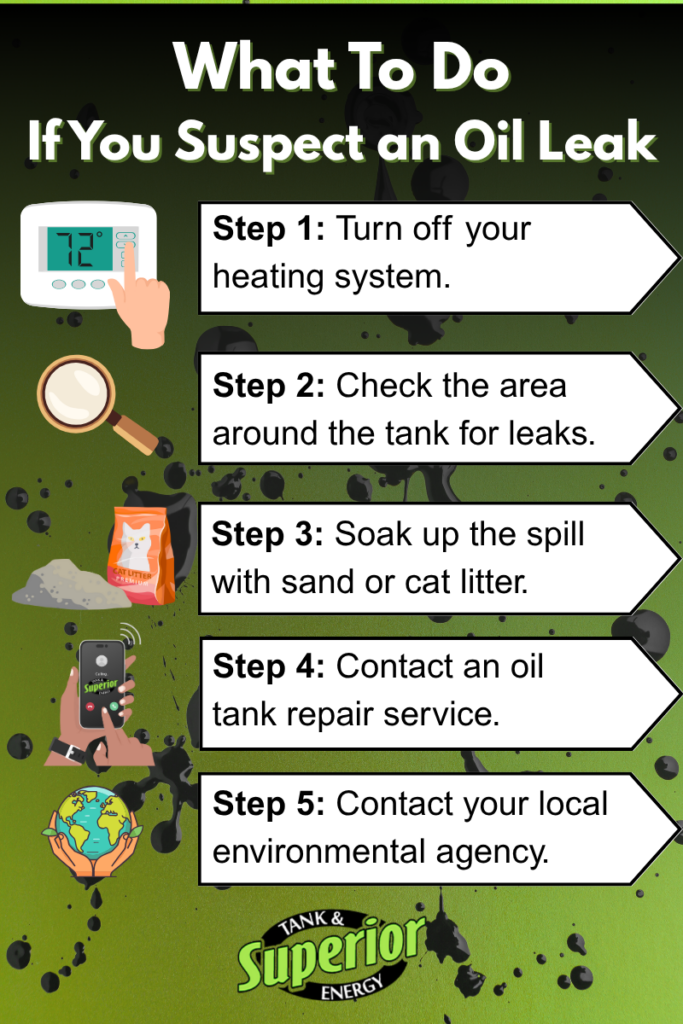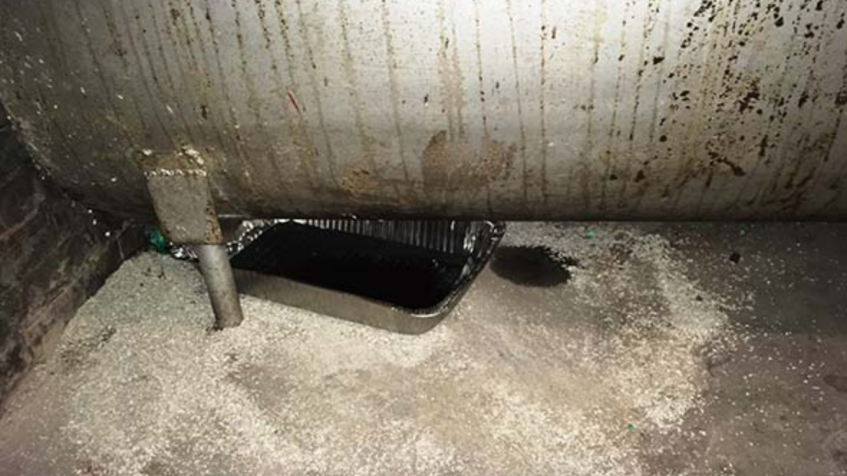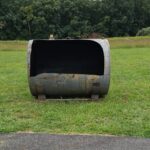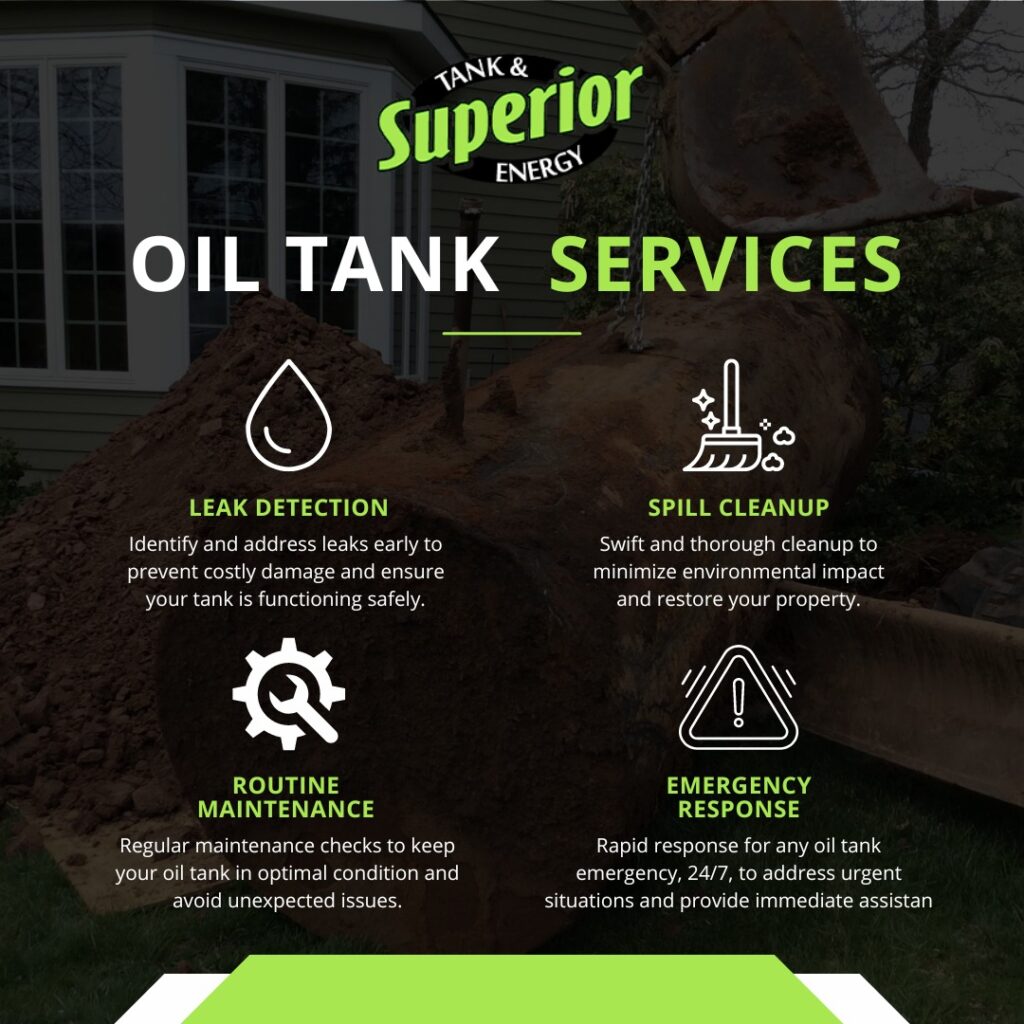- Posted by: Superior
- 0 Comments
What To Do If You Suspect Your Oil Tank Is Leaking
What To Do If You Suspect Your Oil Tank Is Leaking
If you notice signs of your residential oil tank leaking, it’s important to act quickly. Leaking oil tanks can lead to environmental contamination, costly repairs, and even health risks. Knowing what steps to take can help you manage the situation safely.
Across southeast Pennsylvania and central and south Jersey, many homes are old, and they rely on heating oil during the cold winter months. However, fluctuating temperatures throughout the year increase the risk of oil tank leaks due to corrosion, rust, or general wear and tear. Getting help quickly is crucial—leaking oil tanks not only pose environmental risks but can also result in big cleanup and repair costs.
As local oil tank repair specialists, we’re familiar with the challenges homeowners in this area face, including the risk of soil contamination. We can help prevent damage to your home through oil tank repairs and maintenance. Here, we describe how to spot an oil leak, and what immediate actions you can take.
Common Signs of an Oil Tank Leak
Recognizing the signs of a leak early on can prevent bigger problems later. Here are a few indications that your heating oil tank is leaking:
- Unusual odors. A strong fuel smell near the tank could be a warning sign of a leak.
- Visible stains or puddles. Look for oil stains or puddles around the tank area—especially if it’s an above-ground tank.
- Decreased efficiency or higher fuel consumption. If your heating system is using more fuel than usual, it could be due to an oil leak.
- Dead vegetation near underground tanks. Leaking oil can kill plants and vegetation, so check for patches of dead grass or shrubs near the tank.
- Visible corrosion or rust. For above-ground tanks, rust and corrosion are signs of a tank getting old, which is a major risk factor for leaks. The average lifespan of a tank is 15–20 years, so if your tank is old and has rust, we recommend an oil tank replacement.
Immediate Steps To Take If You Suspect a Leak
Quick action can help to minimize damage caused by a leak. If an oil tank leak occurs, follow these steps:

- Step 1: Turn off your heating system. This minimizes leakage and reduces the risk of a fire hazard.
- Step 2: Check the area for obvious signs of leaks. Look around the tank for visible signs of oil. However, avoid touching or coming into direct contact with the oil.
- Step 3: Contain any visible oil. If you notice a leak, use absorbent materials like sand or cat litter to minimize the spread.
- Step 4: Contact an oil tank repair service. Our team can inspect the tank, determine the source of the leak, and make prompt repairs.
- Step 5: Contact your local environmental agency. If there’s a risk of soil or groundwater contamination, contact your local environmental agency to report it. We also offer soil remediation services to clean up toxic substances in the ground resulting from an oil leak.
Why Prompt Action Is Essential
Repairing a leaking oil tank as soon as possible can minimize costs, prevent environmental damage, and keep you safe. A small leak that you notice right away will cost less to clean up than a leak that has been ongoing for days or weeks and soaking into the ground.
Leaking oil can contaminate the soil and water, causing significant impacts not only to the plants on your property, but to the health of the soil and water in a much broader area.
What’s more, exposure to oil vapors can harm your health. In the short-term, these vapors can cause headaches and nausea, but left unaddressed, they can worsen existing conditions like respiratory diseases or even damage your kidneys.
How Professionals Diagnose and Address Oil Tank Leaks
Our team will conduct a thorough inspection to determine the source and severity of the leak. We use advanced oil leak detection equipment to get to the root of the issue. Once we’ve found the leak, we’ll recommend the appropriate repairs or replacement.
Tips for Preventing Future Leaks
Regular storage tank maintenance can help prevent leaks. Here are a few tips for oil tank leak prevention:
- Schedule regular inspections to check for signs of wear and tear.
- Clean the tank and surrounding area to remove debris that might affect the tank.
- If your tank is old or damaged, consider replacing it with a more reliable, newer model.
Contact Professionals If You Suspect an Oil Leak
If you suspect your oil tank is leaking, you need to act immediately. Please reach out to us for emergency oil tank services. We service all of the following areas:
Pennsylvania
New Jersey
- Burlington County
- Camden County
- Gloucester County
- Hunterdon County
- Mercer County
- Monmouth County
- Ocean County








Recent Comments